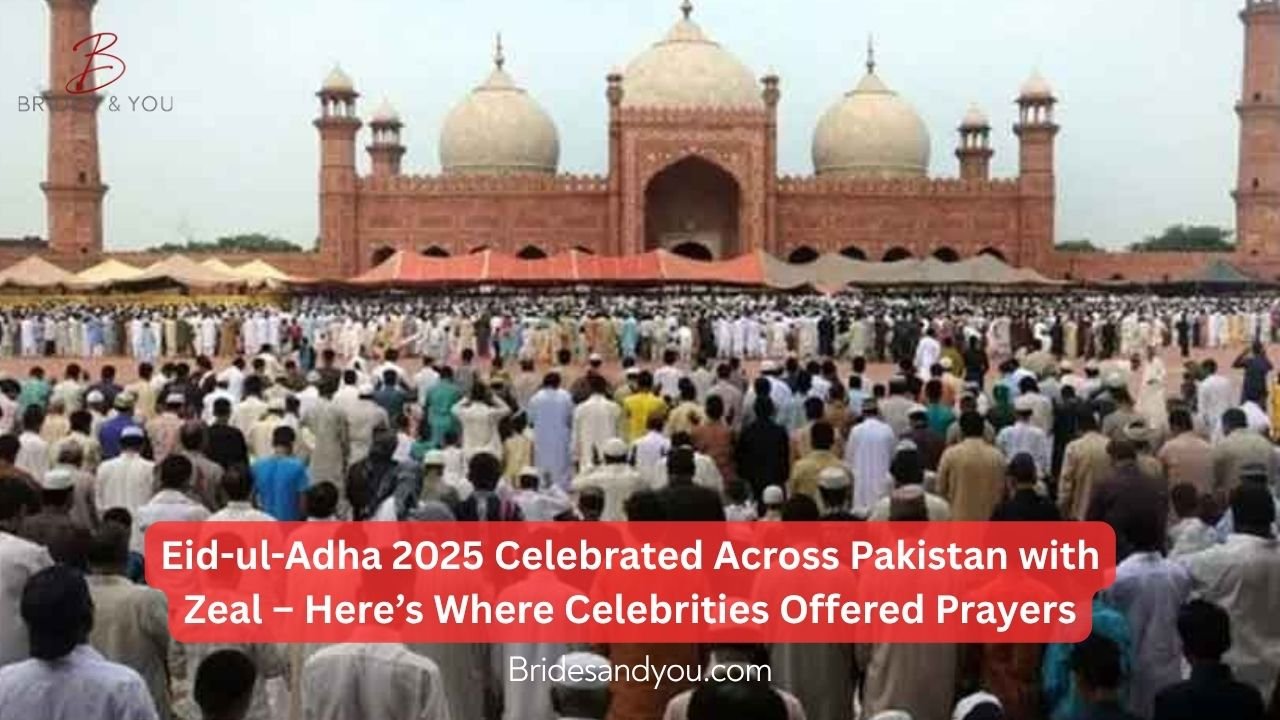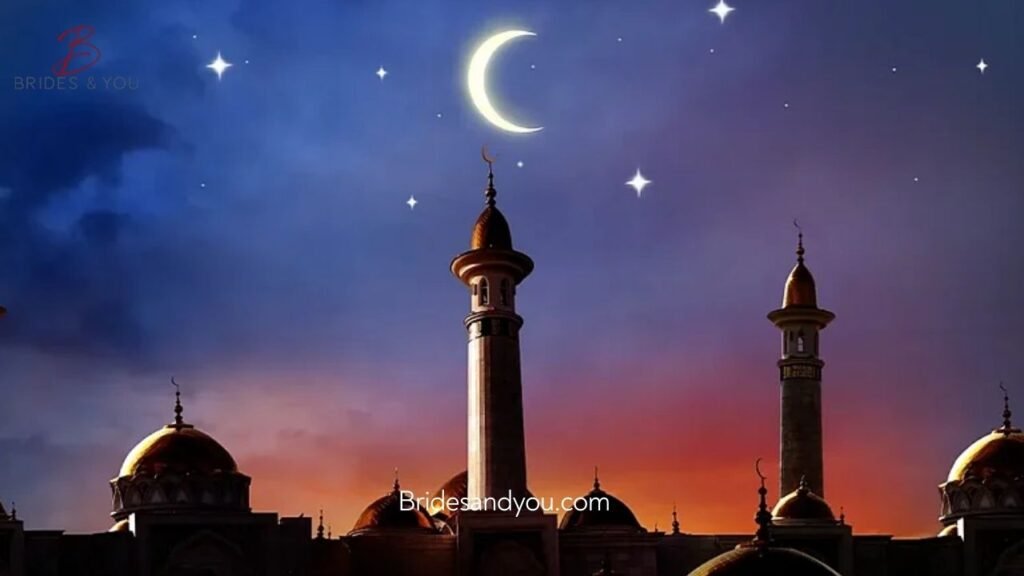Now Reading: Pakistan Eid-ul-Adha Celebrations: A Nation United in Faith and Sacrifice
-
01
Pakistan Eid-ul-Adha Celebrations: A Nation United in Faith and Sacrifice
Pakistan Eid-ul-Adha Celebrations: A Nation United in Faith and Sacrifice

Millions of Muslims across the country observed Pakistan Eid-ul-Adha celebrations with profound devotion, commemorating the timeless Sunnah of Prophet Ibrahim (AS). As dawn broke across cities and villages, believers poured into mosques and open spaces, offering special Eid prayers in a display of unity, gratitude, and compassion.
This sacred occasion, also known as the Festival of Sacrifice, is one of Islam’s most significant holidays. It not only symbolizes obedience and unwavering faith but also strengthens the bond of community through acts of charity and selflessness.
Spirit of Unity Shines Across the Nation
From the majestic Faisal Mosque in Islamabad to the bustling grounds of Liaquat Bagh in Rawalpindi, the Pakistan Eid-ul-Adha celebrations began with large congregational prayers. Religious scholars across the country delivered sermons emphasizing the importance of sacrifice, patience, and empathy.
In Lahore, thousands of faithful thronged to iconic religious sites like Data Darbar, Jamia Naeemiyah, and Minar-e-Pakistan. Mufti Ramzan Sialvi led the prayers at Data Darbar, delivering a heartfelt message on selflessness and sharing. Meanwhile, Allama Ibtisam Elahi Zaheer guided worshippers at Greater Iqbal Park, reinforcing the day’s spiritual essence.
Quetta, Peshawar, Karachi, Hyderabad, Sukkur, and other cities held similarly peaceful and vibrant Eid congregations. In Quetta, the main prayers at Governor House witnessed a strong turnout, with stringent security ensuring a safe environment for all.
Leaders Join in Eid Celebrations
Pakistan Eid-ul-Adha celebrations were not limited to the public—political and provincial leaders also took part. Prime Minister Shehbaz Sharif offered prayers in Model Town, Lahore, while President Asif Ali Zardari prayed at the mosque in the Presidential Palace in Islamabad.
Other prominent leaders who joined their communities in prayer included:
- Rana Sanaullah – offered prayers in Faisalabad
- Punjab Governor Sardar Saleem Haider – prayed in Attock
- Defense Minister Khawaja Asif – joined worshippers in Sialkot
- KP Chief Minister Ali Amin Gandapur – observed Eid in Dera Ismail Khan
- Maulana Fazlur Rehman – led prayers in Abdul Khel, urging care for orphans and the needy
The presence of leadership across cities served as a reminder of the collective responsibility toward the welfare of the nation, especially on such spiritually uplifting days.
The Sunnah of Sacrifice: A Tradition of Giving
At the heart of Pakistan Eid-ul-Adha celebrations lies the sacrifice of animals, a practice rooted in the devotion of Prophet Ibrahim (AS). Families across the country participated in Qurbani, sacrificing animals and distributing meat among relatives, neighbors, and the less fortunate.
This year, millions of animals were sacrificed, reinforcing the values of charity and equality that form the foundation of this religious festival. The act of giving ensures that no one is left behind during the festive season, embodying the true spirit of Eid.
Prayers for National Peace, Security, and Prosperity
In every province, imams led prayers not only for personal blessings but also for national strength. Pakistanis united in their plea for peace, security, and economic stability. Sermons echoed the call for patience, tolerance, and mutual respect during testing times.
From Karachi’s Masjid-e-Tooba to Jamrud’s TD Bazaar and Ghandi areas, Eid prayers were filled with heartfelt supplications for a brighter and more harmonious future for Pakistan.
Security and Management on Eid
Authorities ensured tight security across prayer grounds and Eidgahs. In Rawalpindi, for instance, Rescue 1122 and police teams were deployed at Liaquat Bagh, managing the large crowds with scanner gates and physical searches. Similar arrangements were observed in Peshawar, Quetta, and other cities to ensure safety and smooth execution of Eid rituals.
A Festival of Faith, Community, and Compassion
The Pakistan Eid-ul-Adha celebrations serve as a powerful reminder of the values that bind the nation together—faith, compassion, unity, and resilience. As millions of citizens participated in prayers and sacrifices, the festival was not just a religious ritual but a collective expression of hope and spiritual solidarity.























